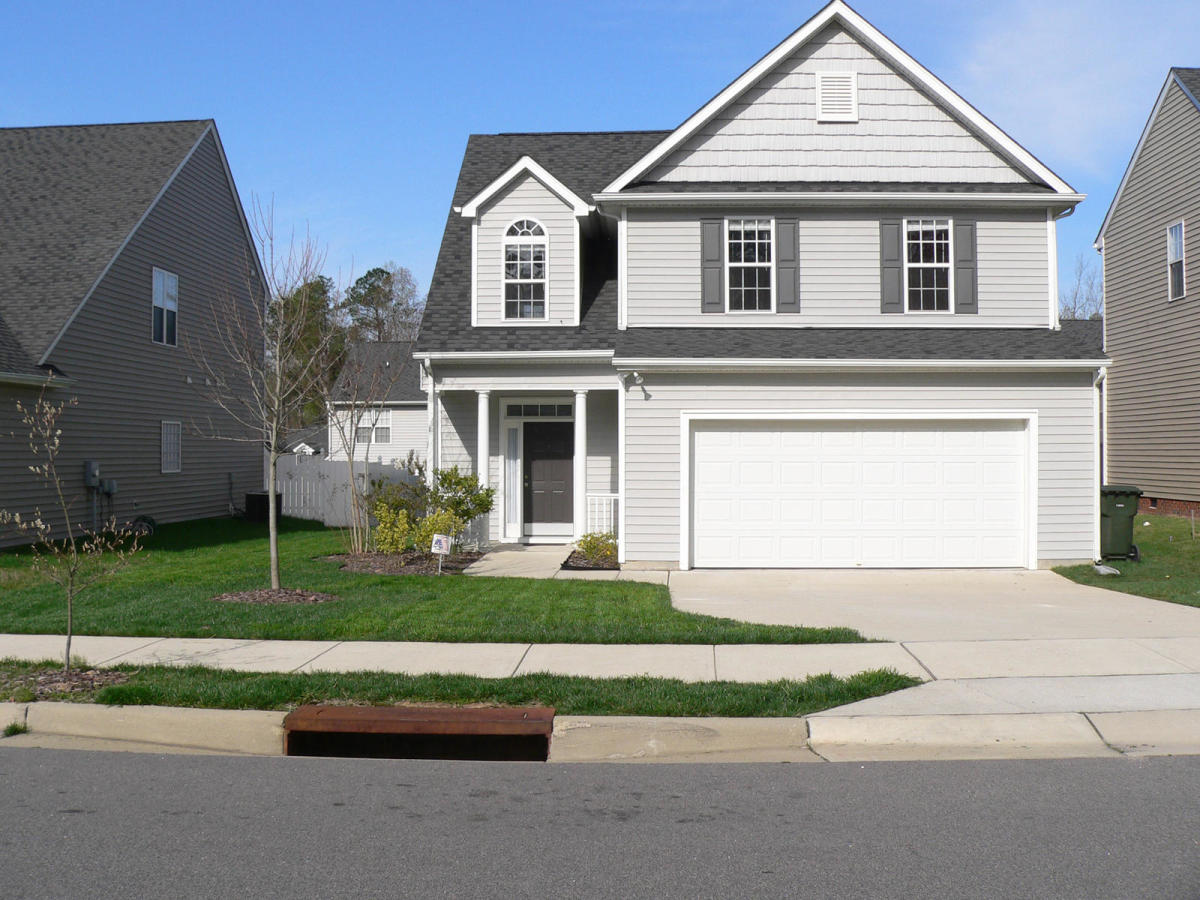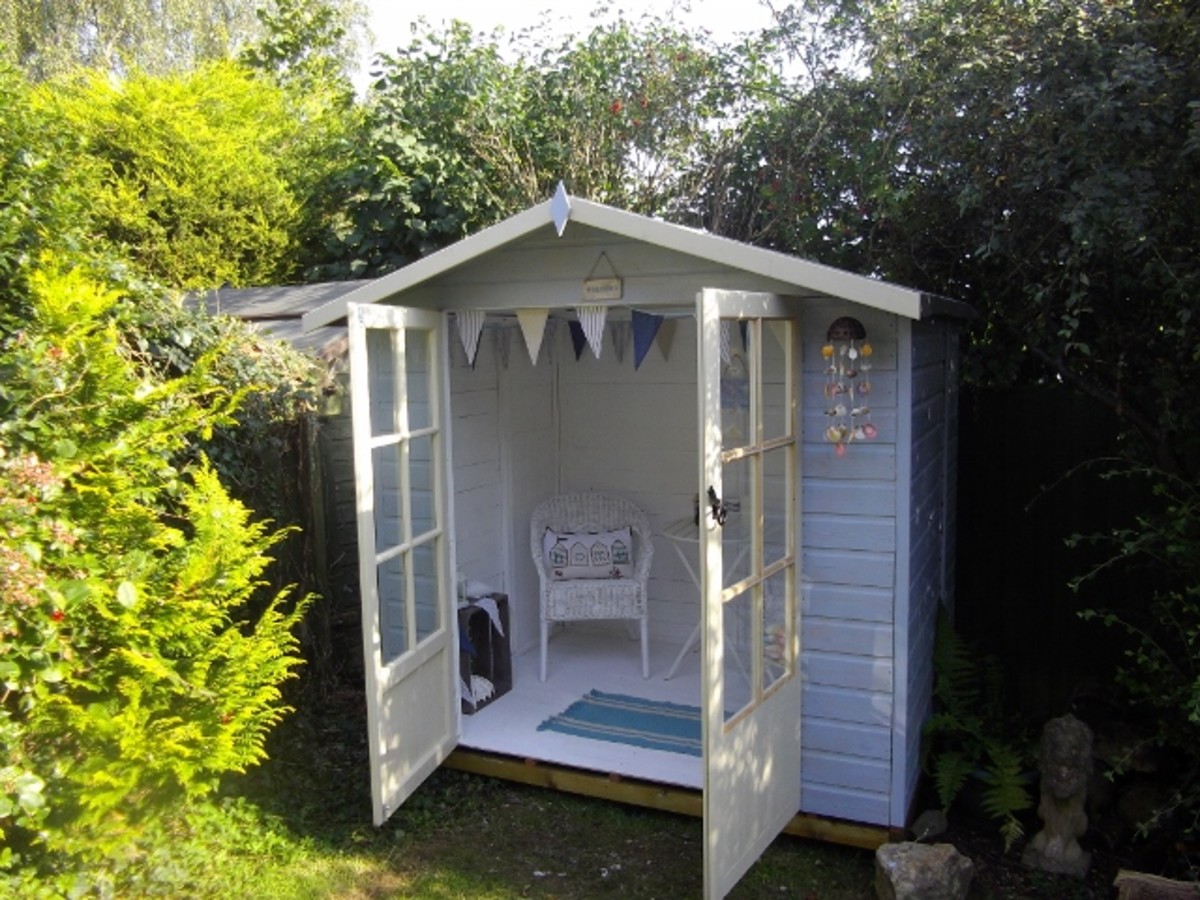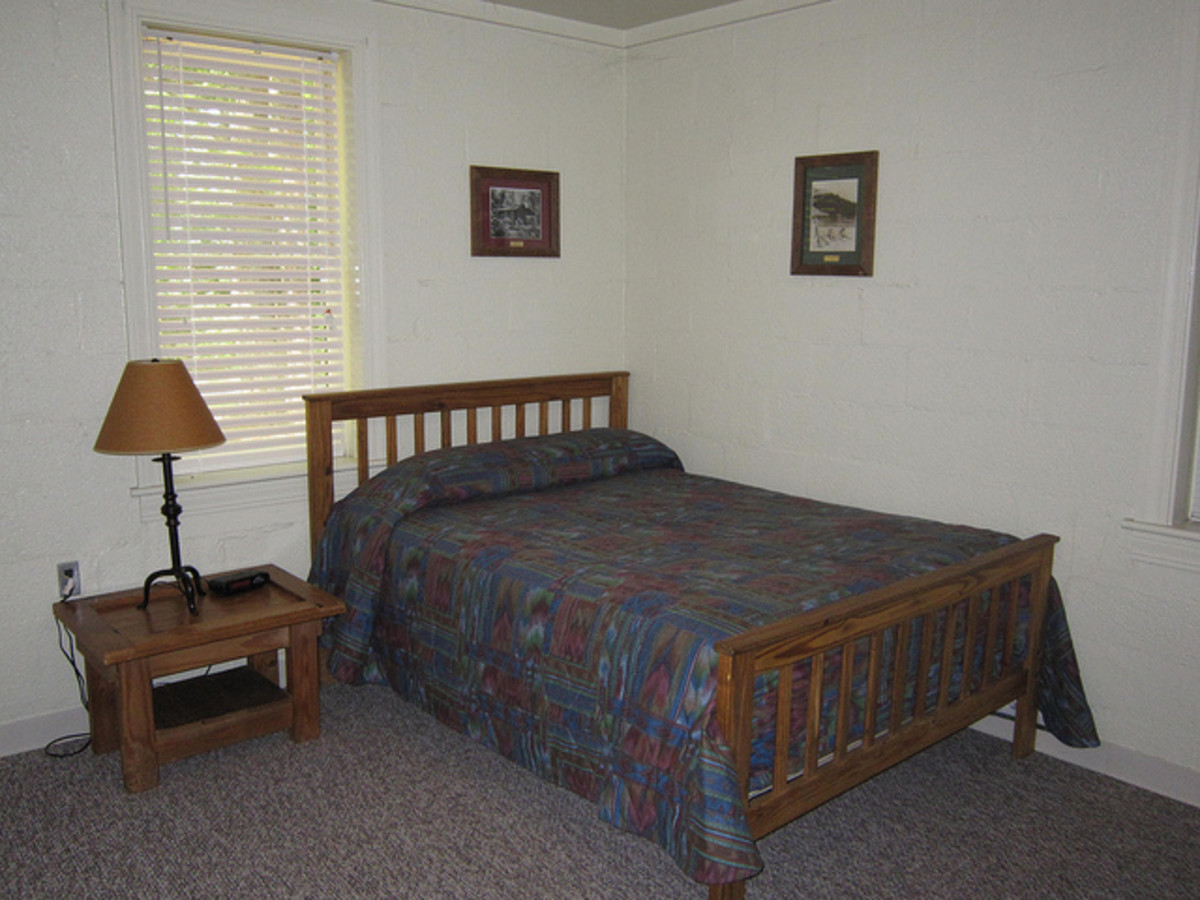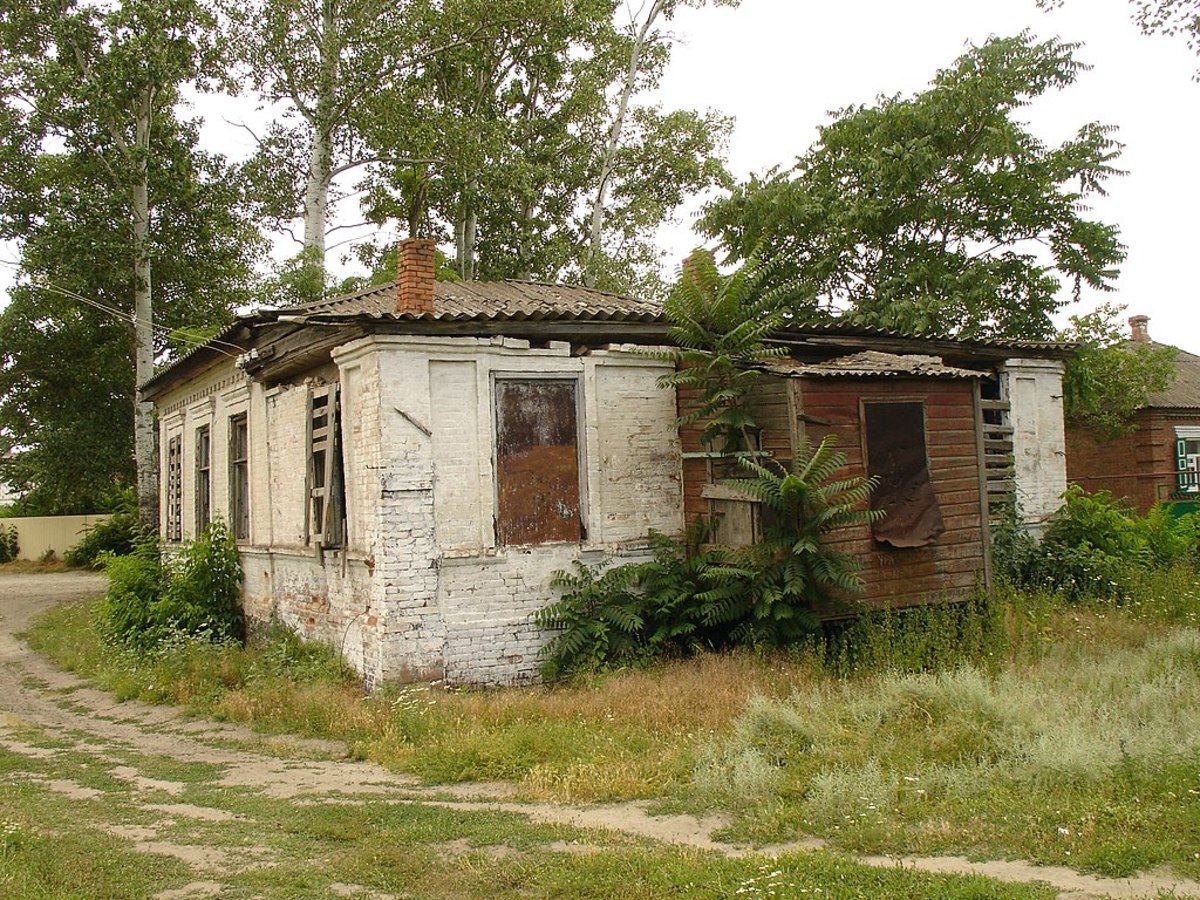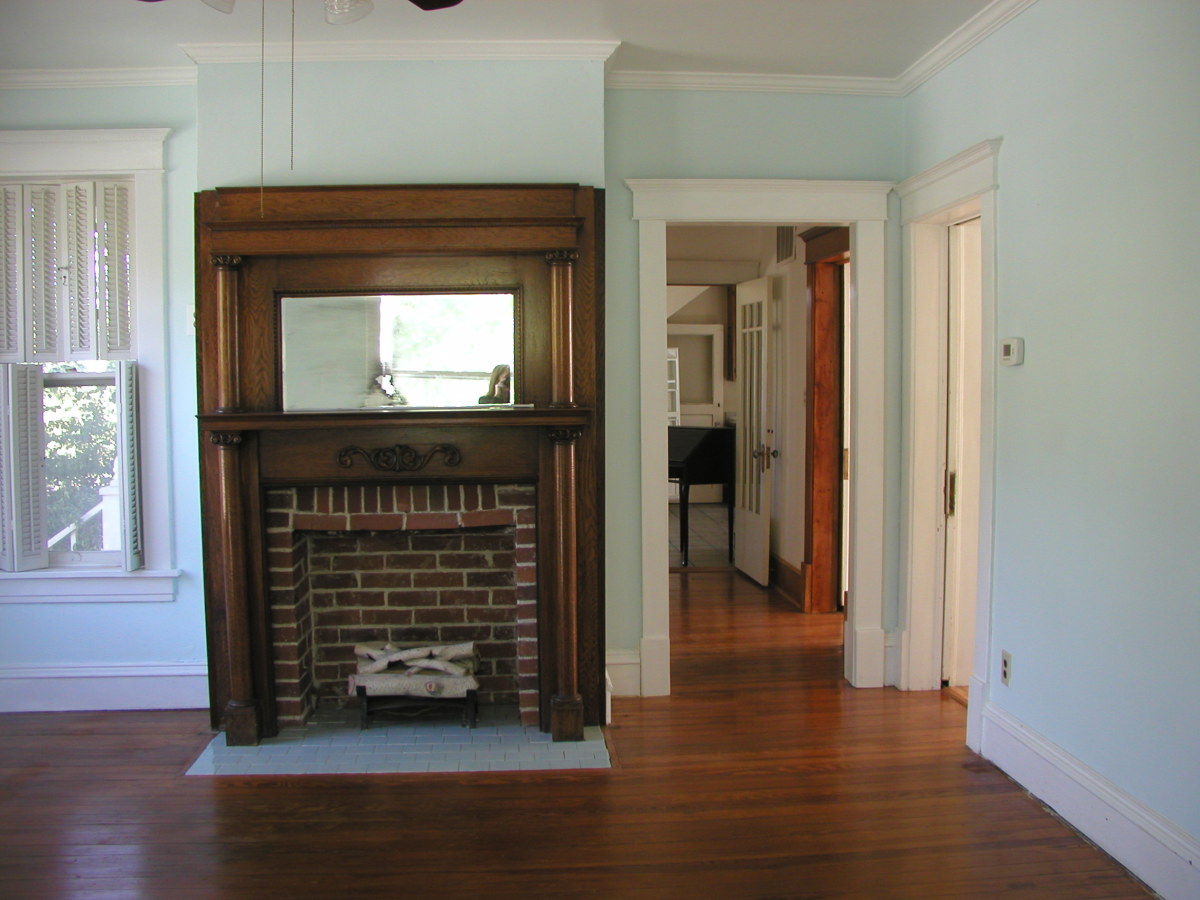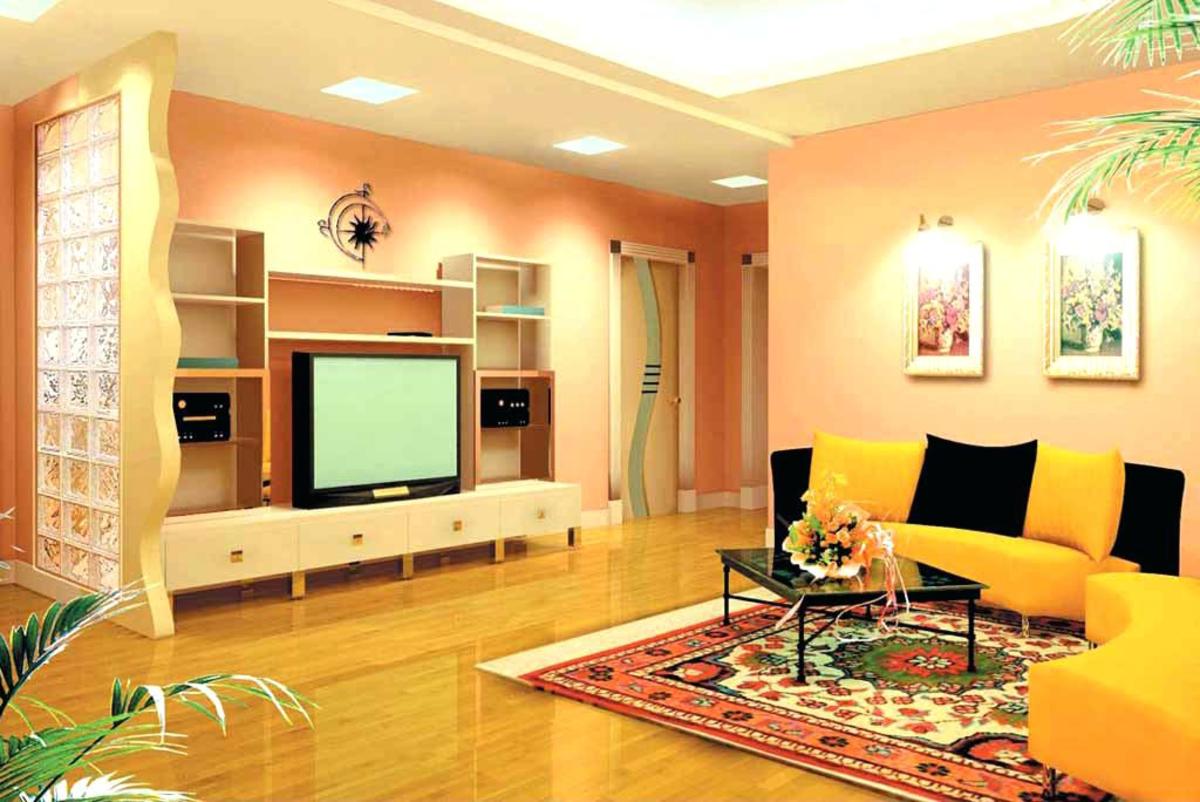Sell Your House Faster
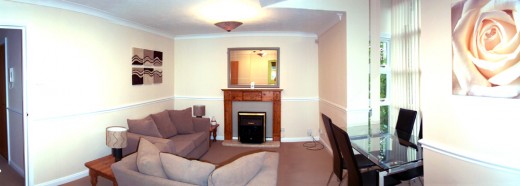
Recommended by Tony Booth
As an estate agent helping vendors sell property over many years, it often surprises me how many homeowners make the same mistakes over and over again. Most quite wrongly believe that a house will sell at market value eventually, regardless of how it is presented to would-be buyers – but nothing could be further from the truth. By putting in some time and effort prior to marketing, a home will often sell faster and for more money.
While the insider tips given here are not rocket-science, they will pay dividends, if you take them seriously and action them before erecting that ‘For Sale’ sign.
Stage It to Sell It
American sellers are so much better at this than we are in the UK. There, I’ve said it.
At least the USA has heard of ‘home staging’ and most employ it as a valuable part of the selling process. Staging is nothing new. Anyone in the business of selling to the public knows that presentation is everything. Shopkeepers take time, money and effort to make their windows eye-catching and enticing. Product manufacturers take months to get the design of their packaging the best it can be. Selling a house is no different – most owners must wake up to the fact that their biggest asset will take forever to sell, unless it has a complete makeover before it is presented to the public.
The difficulty here is that very few owners are able to cast a critical and unbiased eye over their home to identify the necessary changes required. So, if you can handle a little cold criticism, ask a few friends or colleagues to inspect your property as if they were viewers – and to give an honest opinion about décor, furnishings and layout. Some may not want to upset your feelings, so reinforce how important it is for them to be upfront and honest.
Another idea is to take photographs of your home, then reverse the image (most computer photo-imaging programs can achieve this with a couple of mouse clicks). The reversed image should help you see your home in a different and less familiar way, which in turn may disclose the kind of impression your viewers will receive when they first walk through your property.
De-Clutter
This is so important, because by removing all the piles of magazines, books and newspapers, children’s and pets’ toys and ornament laden shelves, you will open up your rooms and help viewers see the space that is actually available. Try to imagine each room of your home as a room in a hotel. Hotels only tend to supply what guests really need, and this keeps the space clutter-free and tidy.
De-cluttering also makes it so much easier to keep on top of cleaning while viewings take place, because there is less to dust and polish and it is easier to get into all the nooks and crannies with a vacuum cleaner attachment.
De-Personalise
This is perhaps one of the hardest and least performed of the tasks required by owners wanting to sell a property. While souvenirs of holidays and photographs of friends and loved ones help turn a house into a home, they don’t help viewers envisage your home as theirs. Bear in mind that viewers will walk through your home and try to imagine themselves living in it. The more they can visualize it as their home, the more likely they will want to buy it.
Just as important, by removing all currently displayed things that are personal to you, you will start to feel less attached to your property and more able to sell it in a professional and dispassionate way. Consider replacing wall-hung photographs with a large mirror, which will help reflect the natural light entering the room and create the illusion of more space.
Think ‘Harmony’ When Choosing Décor Colours
Different furnishing styles will clash, but they are much less noticeable than harsh uncoordinated colours on walls, floors, doors and ceilings. These are big surface spaces, which will either close in or open up a room depending on the colours and shades employed.
For an idea how this works in practice, spend a few hours looking around a few show-homes on local new housing developments. Named builders and developers often spend thousands on the interior design of their show-homes – and you can benefit (without spending anything) by acknowledging, exploring and adopting their expertise when it comes to the presentation of your own home.
A final note here … unless you are truly gifted in interior design, think bright but bland colours as a base for the décor of all your internal rooms, as these will create a blank canvas that your viewers will generally find attractive and inviting.
First Impressions Really Do Count
It is said that viewers will often have made a decision on a property within the first ten seconds of stepping through the front door. The truth is, some make their decision even before they step through the door. The exterior of your home is just as important and influential as the interior, so make sure it is welcoming.
Clear the front garden or a flagged area of any weeds or algae and give everything that needs it a coat of paint or stain, as required. Place a couple of planters either side of the entrance door (if space permits) and fill these with suitable flowers. Even in the middle of winter, you can plant things like cyclamen and snowdrops that cheer up an otherwise dull porch area.
Though it may prove inconvenient, try to move household waste and recycling bins to the back of the house, keep windows and double-glazed frames and doors sparkling clean and park family-owned cars along the roadside rather than on the front patio area.
Next, think carefully about your entrance hallway. Does it need sprucing up a little? Perhaps a new carpet or different wallpaper would create a much more appealing first-impression – and the small outlay could pay dividends, if it helps you achieve an early sale.
Don’t Forget All Those Little Jobs You Meant To Do
We all have the capacity to leave little jobs until they become lost in time, but it’s often the little things that viewers notice when they wander around your home. Door hinges that are rusted and squeak, cracked tiles in the kitchen or bathroom, mismatched switches and sockets, cobwebs in the corner of the room, a broken curtain track and dirty bathroom grouting are all evidence of a poorly maintained property and they should all be attended to.
You May Love Your Pets …
… but viewers might have a phobia of Fido, so try to move him outside or ask someone to take him for a walk when viewers are expected. Dog and cat owners also become immune to the evidence of hairs everywhere, because it’s just one of those little annoyances that pet owners accept. But it may prove to be rather more irritating (no pun intended) to viewers when they find themselves taking a little of Fido away with them when they go. Vacuum all carpets and all soft furnishings each and every time a viewing appointment is due.
And then there’s that lingering odour to contend with. Again, this is something that most pet owners won’t even notice, but viewers will almost certainly know you are a dog or cat owner, even if there is no physical evidence of them. Regular cleaning and lighting scented candles from time to time will help eliminate the odour, but it won’t remove it completely. Consider having your carpets professionally deep cleaned before your first viewing appointments are made, as this will make it easier to maintain when the first few weeks of viewings get underway.
- UK Property Market is Back in Business
The most recent statistics confirm house prices are rising again at last. It seems the property market has finally turned a corner and is heading once again in the right direction. But if you are thinking of...



